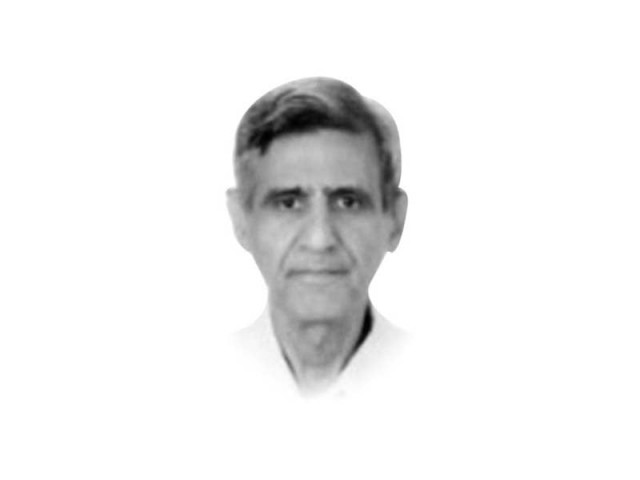Anatomy of indignity
There is a peculiar vulnerability that shadows old age

The physician should not treat the
disease but the patient who is suffering
from it. — Maimonides
There is a peculiar vulnerability that shadows old age — not merely of the body, but of trust. At seventy-seven, I entered a teaching hospital in Karachi, one of reasonable repute, for a procedure that promised relief. The head of the urology department came recommended from multiple quarters, and I placed my faith in that chorus of endorsements. The surgery in question — TURP, for an enlarged prostate — is considered routine, even exemplary, in medical circles. But for someone whose days are measured more by comfort than ambition, it proved to be a monumental ordeal.
I was asked to pay the anticipated bill in advance — a crude gesture that felt less like protocol and more like a premonition. What followed was not healing, but a rehearsal. The operating theatre, though dressed in the trappings of crude normalcy, was disheveled in spirit. Hygiene was perfunctory, the atmosphere chaotic. The surgeon, whose name carried the weight of accolades, seemed distracted — his attention divided between mentoring juniors and discussing their prospects abroad. With growing unease, I sensed that the hands guiding the resectoscope were not his. They belonged to a trainee, eager to learn, indifferent to the cost of his education.
A foul-smelling curtain separated me from the surgical team. I requested — twice, perhaps more — to be allowed a glimpse of the procedure on the monitor as I was only under epidural anesthesia. My appeals went unanswered, dismissed with the kind of casual arrogance that institutions often cultivate. When I finally asked, "Doctor Sahab, how do you see my urethra and prostate?", his reply was offhand, almost distant. He was observing, not operating. I was not a patient — I was a specimen.
The days that followed were marked by infection, discomfort, and a slow descent into indignity. The urinary blockage remained. What arrived new was persistent burning, incontinence, and the quiet humiliation that shadows every step. I had entered the hospital seeking relief; I departed with intensification of my problem. And the question lingered: is this the legacy of modern medicine for those who have outlived their usefulness?
I write not out of bitterness, but out of duty. To those who walk this path after me, I offer a caution. Do not be seduced by reputation. Fame is not a measure of care. Teaching hospitals, for all their good intentions, are not sanctuaries unless you know precisely what you are walking into. A good surgeon is not one who fills operation lists like a shopkeeper tallying sales. A good surgeon meets your gaze, answers your questions, and treats you not as a case, but as a life.
Unless compelled by cancer, prostate surgery is best avoided. The risks are not always disclosed, and the aftermath can be cruel. I considered legal action, briefly. But what would I gain? Another round of indignity, another corridor of bureaucracy. A verse by Ghalib came to me, unbidden, and I let the thought go.
Gunjaish-e-adawat-e-aghyaar ik taraf,
Yaan dil mein zauf se hawas-e-yaar bhi nahin
















COMMENTS
Comments are moderated and generally will be posted if they are on-topic and not abusive.
For more information, please see our Comments FAQ